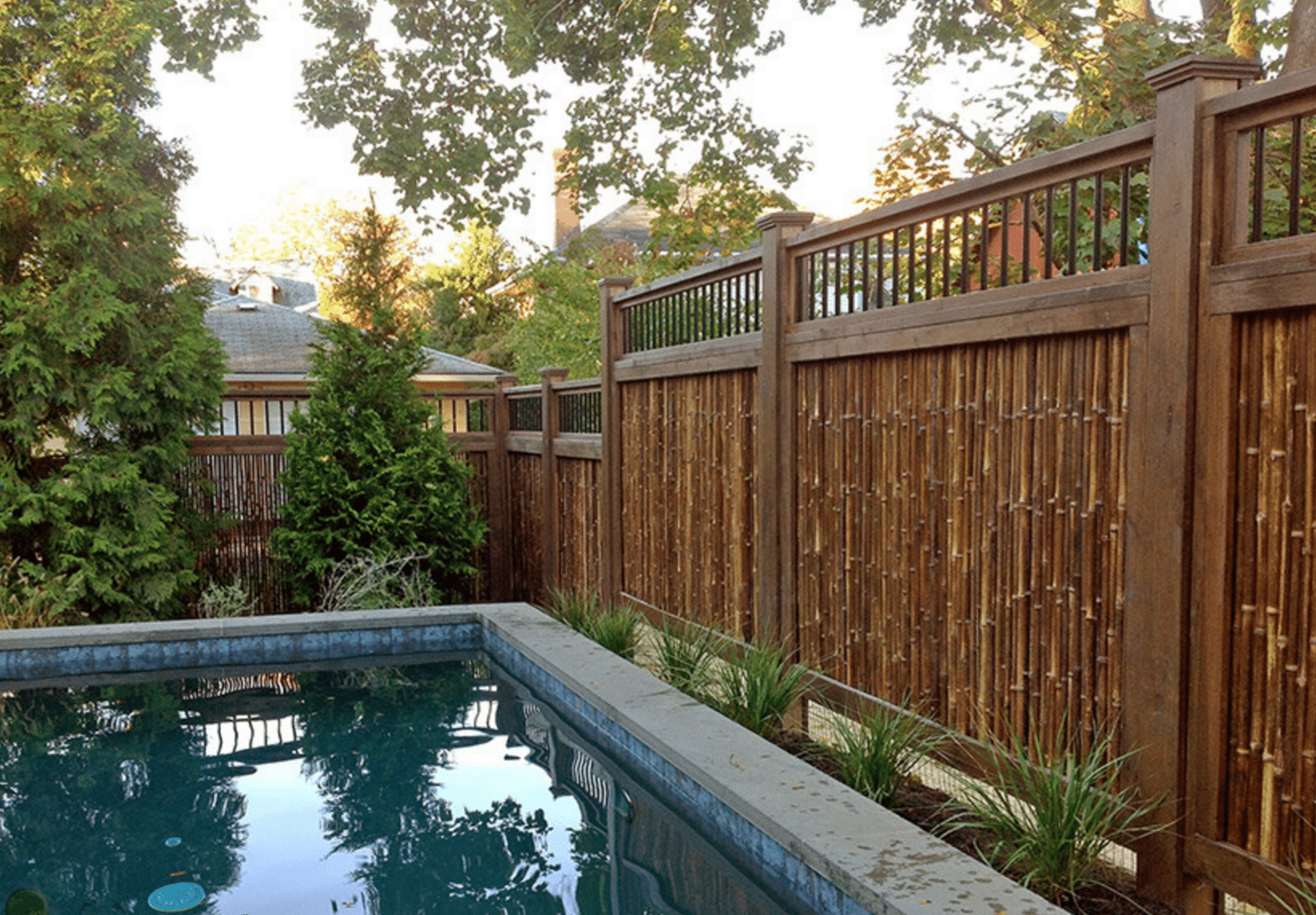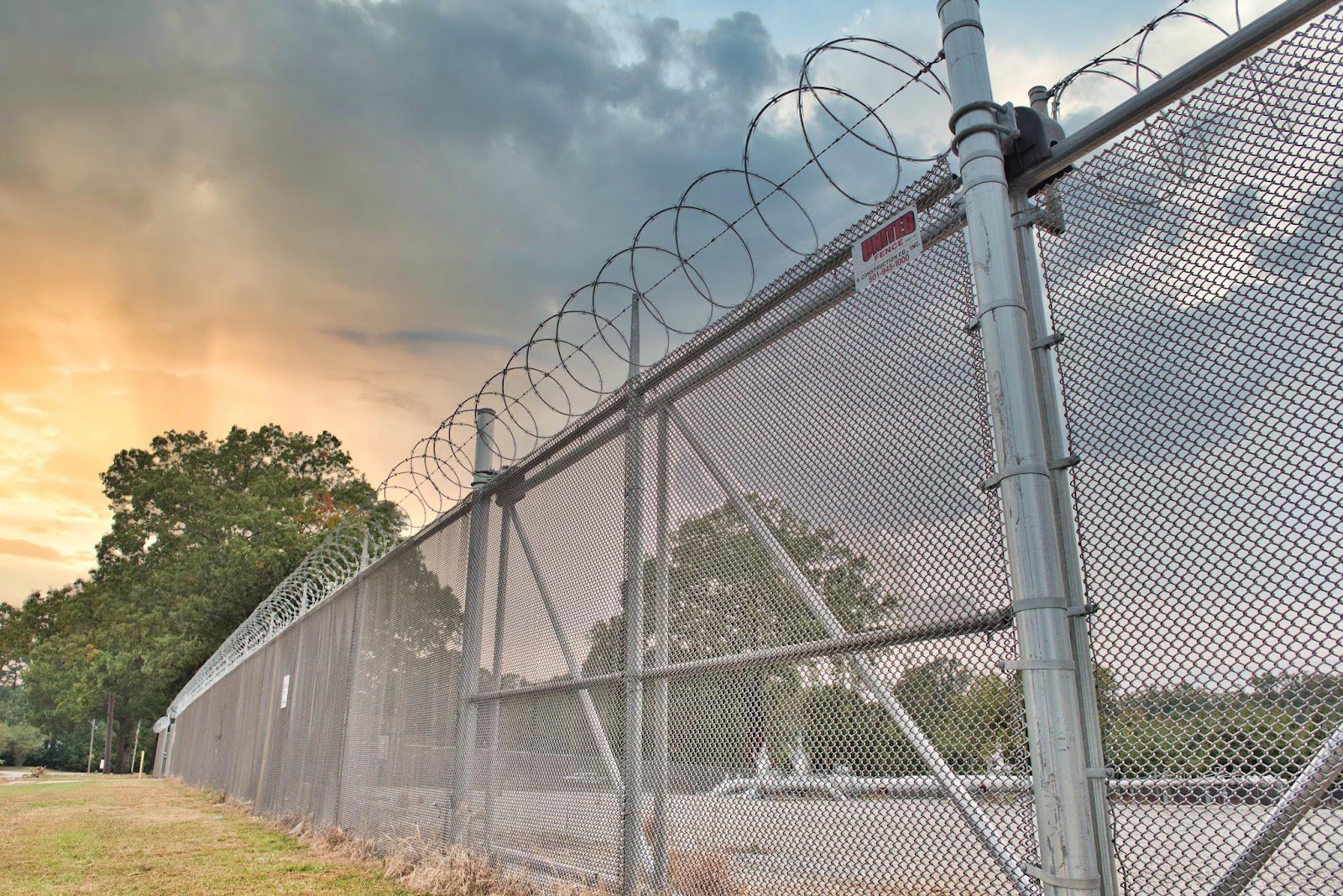All Categories
Featured

Choosing the best secure fencing product is important for achieving the balance of sturdiness, aesthetics, and capability that matches your home. Wood, vinyl, and light weight aluminum are prominent options, each with distinct features that deal with particular needs. Below's an in-depth check out the advantages and drawbacks of these 3 materials.
Timber Fencing. Pros:. Ageless Charm: Wood offers an all-natural, traditional look that enhances different architectural designs. Personalized: It can be repainted or discolored in a range of shades and styles. Cost effective: Timber fencings are commonly less costly in advance than plastic or light weight aluminum. Eco-Friendly: As an eco-friendly source, wood is naturally degradable and lasting when sourced sensibly. Cons:. Maintenance-Intensive: Needs normal staining, paint, or sealing to safeguard versus weather and pests. Shorter Life-span: Depending upon the sort of timber and climate, it normally lasts 10-15 years. Vulnerability to Damage: Prone to rotting, warping, and termite damage without correct care. Wood is optimal for home owners that value aesthetic appeals and are prepared to spend time and initiative in upkeep to extend its life.
Vinyl Fencing. Pros:. Resilient: Immune to parasites, rot, and weather, vinyl maintains its structure in rough conditions. Reduced Upkeep: Calls for little maintenance past periodic cleaning. Long Life expectancy: Plastic can last 20-30 years without substantial wear or damage. Flexible Layouts: Readily available in numerous colors, structures, and designs, including choices that simulate wood. Cons:. Costly Installment: Plastic fences are extra expensive to set up contrasted to timber. Weak in Cold Weather: Plastic can fracture in severe chilly climates. Difficult to Repair service: If damaged, entire areas may require substitute, which can be testing to match. Vinyl fence is a wonderful choice for those prioritizing long life and minimal maintenance, even if it features a greater in advance expense.

Light Weight Aluminum Fencing. Pros:. Rust-Resistant: Aluminum does not rust, making it suitable for wet or humid locations. Light-weight however Strong: Offers strength without being extremely hefty, which streamlines installation. Low Upkeep: Needs bit greater than cleaning and occasional repainting. Durability: Light weight aluminum fencings can last for decades without substantial damage. Elegant Designs: Usually made use of for decorative functions, aluminum adds elegance to any type of property. Cons:. High Preliminary Price: Light weight aluminum fencings are amongst the much more pricey choices. Limited Privacy: Usually designed with open rooms, they do not obstruct views or noise. Prone to Dents: While durable, light weight aluminum can be nicked or bent with heavy impact. Aluminum is best matched for those that want a resilient, stylish fence and do not require full privacy.
Making the Right Choice. Each product has its staminas and weaknesses:

Wood is best for eco-conscious buyers and typical aesthetic appeals that do not mind maintenance. Plastic helps house owners seeking a weather-resistant, low-maintenance option. Aluminum is a resilient, ornamental choice for those who desire sophistication and durability. Consider your priorities-- whether it's cost, personal privacy, appearance, or maintenance-- and get in touch with a fence specialist to choose the material that finest meets your demands. A well-selected fence will certainly improve your residential property for years ahead.
Latest Posts
Discover Your Financial Partner at WyHy – Key Advantages for Your Future
Published May 25, 25
1 min read
Discover WyHy FCU – Key Advantages for Your Financial Success
Published May 24, 25
1 min read
Protect Your Financial Investment with Specialist Seamless Gutter Installation
Published May 21, 25
1 min read
More
Latest Posts
Discover Your Financial Partner at WyHy – Key Advantages for Your Future
Published May 25, 25
1 min read
Discover WyHy FCU – Key Advantages for Your Financial Success
Published May 24, 25
1 min read
Protect Your Financial Investment with Specialist Seamless Gutter Installation
Published May 21, 25
1 min read